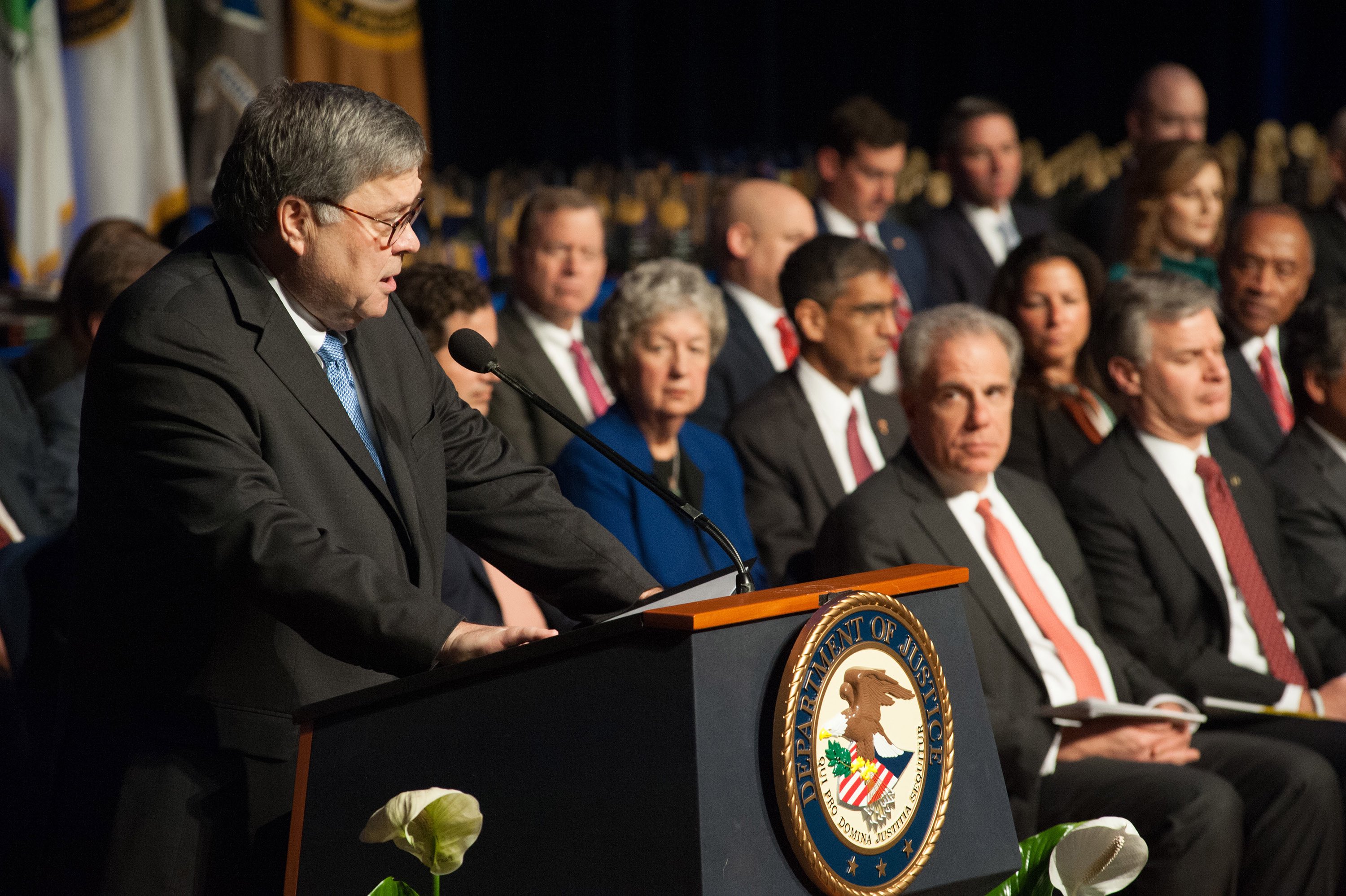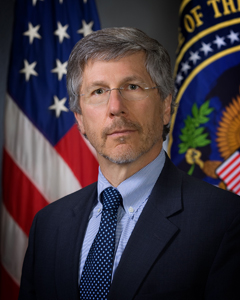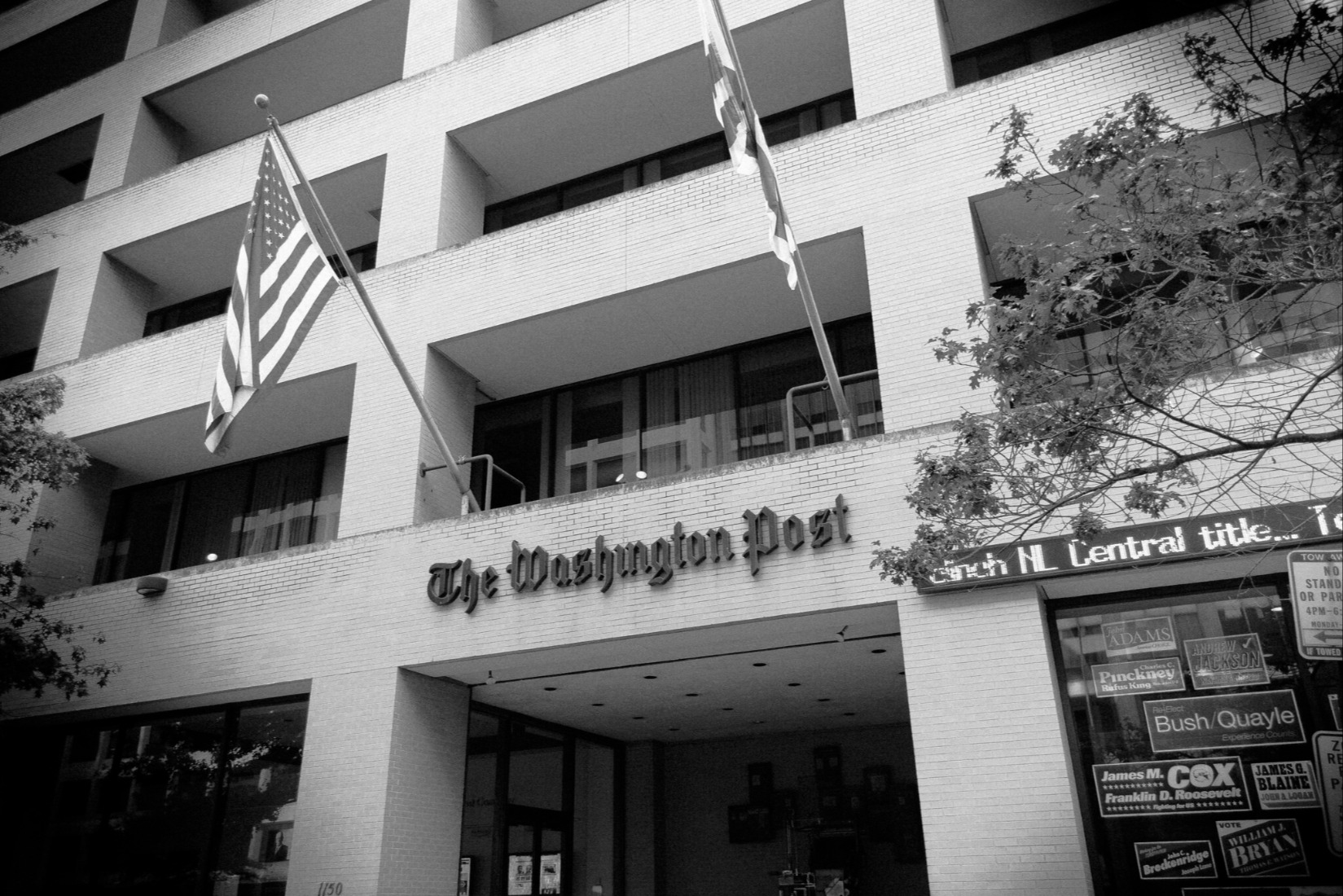The Justice Department Should Share More Information on the Durham Investigation
The New York Times and other media outlets, citing anonymous sources, recently reported that the Department of Justice inquiry into the origins of the Russia investigation has “shifted” from an administrative review to a criminal investigation.

Published by The Lawfare Institute
in Cooperation With

The New York Times and other media outlets, citing anonymous sources, recently reported that the Department of Justice inquiry into the origins of the Russia investigation has “shifted” from an administrative review to a criminal investigation. The leakers—identified only as “people familiar with the matter”—were notably imprecise; they did not, apparently, say what is being investigated criminally, what the factual predicate for the investigation is or when the decision to invoke criminal investigative authorities was made.
The Department of Justice is normally tight-lipped about pending criminal investigations, even when the fact of an investigation is public—one of the reasons former FBI Director James Comey’s handling of the Hillary Clinton email matter was so controversial. There are good reasons for this, including protection of both the integrity of the investigation and the reputation of its subjects. But the department should set policy aside here.
Nothing about this matter is normal. The decision to ask U.S. Attorney John Durham to review the origins of the Russia investigation was unusual to begin with, given that the Department of Justice’s inspector general was already looking into the same question. But the inspector general has no jurisdiction to look at activities of intelligence agencies other than the FBI, while the attorney general has certain responsibilities to oversee the activities of intelligence agencies, particularly with respect to the protection of Americans. Barr’s decision to appoint a respected and nonpartisan prosecutor to review a matter of such public concern may thus have been justifiable.
However, from the outset Durham’s inquiry has been under a cloud. Barr’s handling of Special Counsel Robert Mueller’s report, including public statements that seemed intended to “spin” the report’s conclusions in a manner favorable to the president; his public prejudgment that “spying” occurred; and the drumbeat of accusations by President Trump and his political allies that crimes up to treason have been committed have justifiably led to concerns that this investigation is intended to provide political cover to the president. Barr’s unusual personal involvement in meetings with foreign governments seeking evidence of wrongdoing by U.S. intelligence agencies and Trump’s invocation of Barr in talking to Ukrainian President Volodymyr Zelensky have only increased public suspicions over Barr’s motivations.
Ratcheting Durham’s inquiry up to a criminal investigation accentuates those concerns as well as worries about the possible corrosive effect of this investigation on the independence of future intelligence analysis. But the term “criminal investigation” in this case could cover a wide range of activity. At one extreme it could be that Durham has found some evidence justifying an investigation into whether, as President Trump claims, the entire Russia investigation violated the criminal law in some respect. Alternatively, it could be that Durham is looking into improper disclosures of classified information such as the leak of Gen. Michael Flynn’s conversations with Russian Ambassador Sergey Kislyak. Durham may believe that the public release of text messages between FBI employees violated the Privacy Act, or he may believe that individuals to whom he has spoken in his investigation have lied. At this point we have no idea.
Given the extraordinary public interest in this investigation, the department should make clear what Durham is investigating criminally. If Durham has found evidence that, in fact, there was a criminal conspiracy to open up a fraudulent investigation, the public deserves to know that. But if that is not the case—if he has not yet found support for the speculation that the Russia investigation was a hoax cooked up by the so-called “deep state”—the public needs to be reassured of that. A simple statement of the subject matter of the investigation could be made without either compromising the investigation or identifying any particular subjects yet could help legitimize an investigation that risks being viewed as entirely political.
(Readers may choose to discount my views because while general counsel of the Office of the Director of National Intelligence, I had some peripheral involvement with the intelligence community’s assessment into Russian interference in the 2016 election, though not with the origins of any investigations. Alternatively, they may choose to discount my views on the ground that I have known John Durham professionally for many years and am inclined to trust his professionalism and experience.)


.jpg?sfvrsn=1fbaf48_5)

